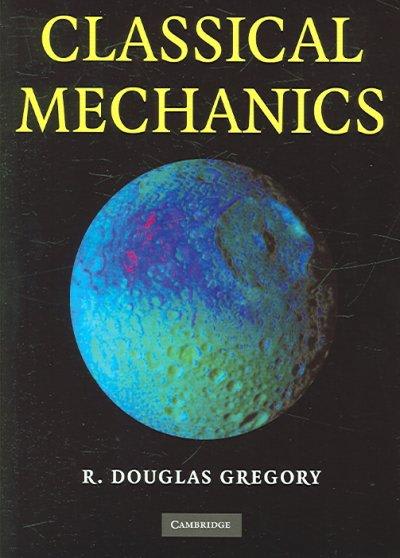Question
13. State the total degrees of freedom for the following t tests: n = 12 for a one-sample t test Critical value = 1.645 for
13. State the total degrees of freedom for the following t tests:
n = 12 for a one-sample t test
Critical value = 1.645 for a one-tailed test, = .05
df1 = 12, n2 = 19 for a two-independent-sample t test
Critical value = 63.657 for a two-tailed test, = .01
15. State the critical values for a two-independent-sample t test given the following conditions:
Two-tailed test, = .01, total df = 26
One-tailed test, lower-tail critical, = .01, df = 15 for each group
Two-tailed test, = .05, n = 12 in each group
One-tailed test, upper-tail critical, = .05, n for both groups combined is 30
17. A researcher reports the following confidence interval for a comparison of the difference between two groups: 95% CI 12.0 [30.0 to 6.0]. If there was no difference between groups, then a difference of 0 was expected.
What would the decision have likely been if the researcher tested this hypothesis with hypothesis testing at a .05 level of significance? Explain.
What is the value of the point estimate?
19. While researching lifestyle changes to improve happiness, you come across a research article reporting that pet owners self-reported greater overall happiness compared to those who do not own a pet, t(50) = 2.993, p < .05. Based on the information provided, answer the following questions:
Does the test statistic show a significant effect? Explain.
Would the confidence interval for this effect envelop 0? Explain.
Step by Step Solution
There are 3 Steps involved in it
Step: 1

Get Instant Access to Expert-Tailored Solutions
See step-by-step solutions with expert insights and AI powered tools for academic success
Step: 2

Step: 3

Ace Your Homework with AI
Get the answers you need in no time with our AI-driven, step-by-step assistance
Get Started


